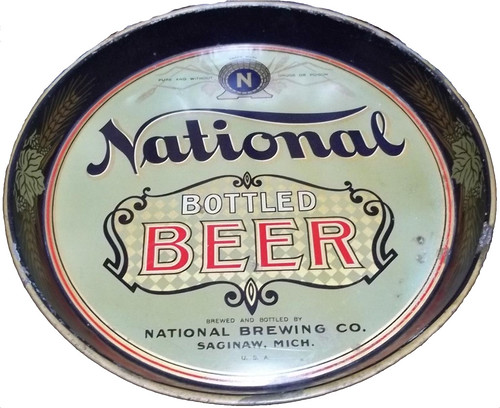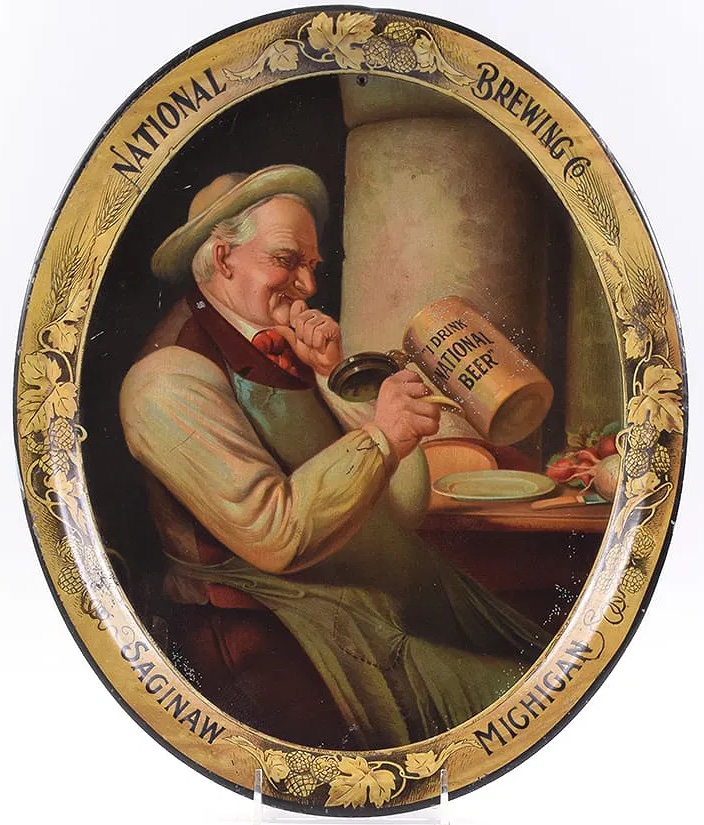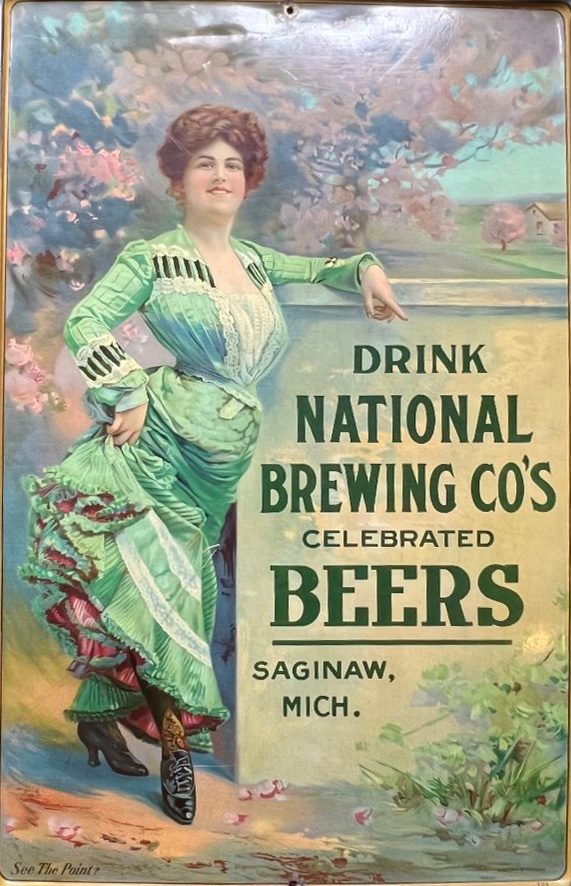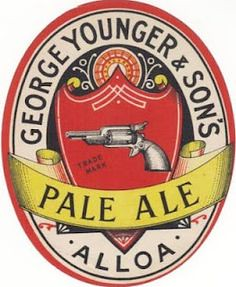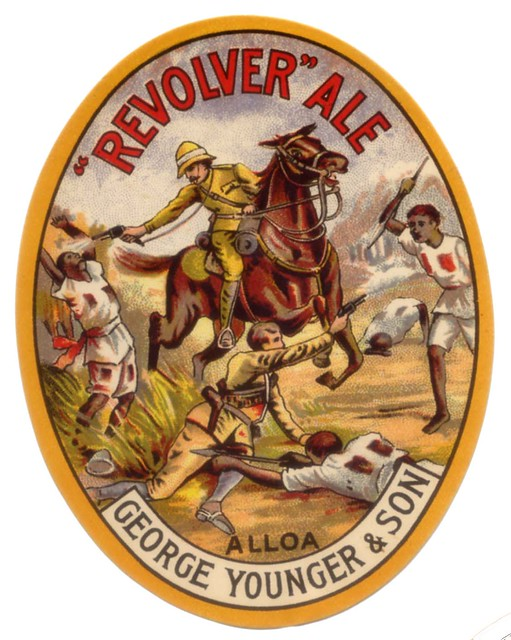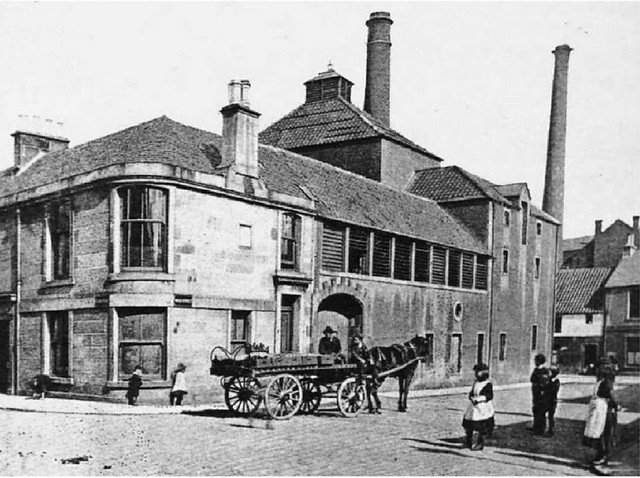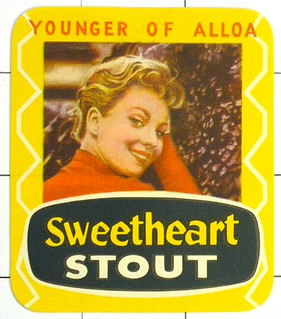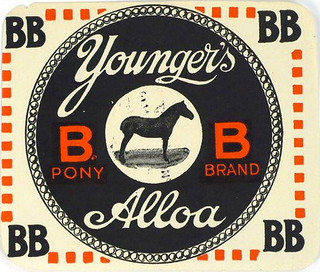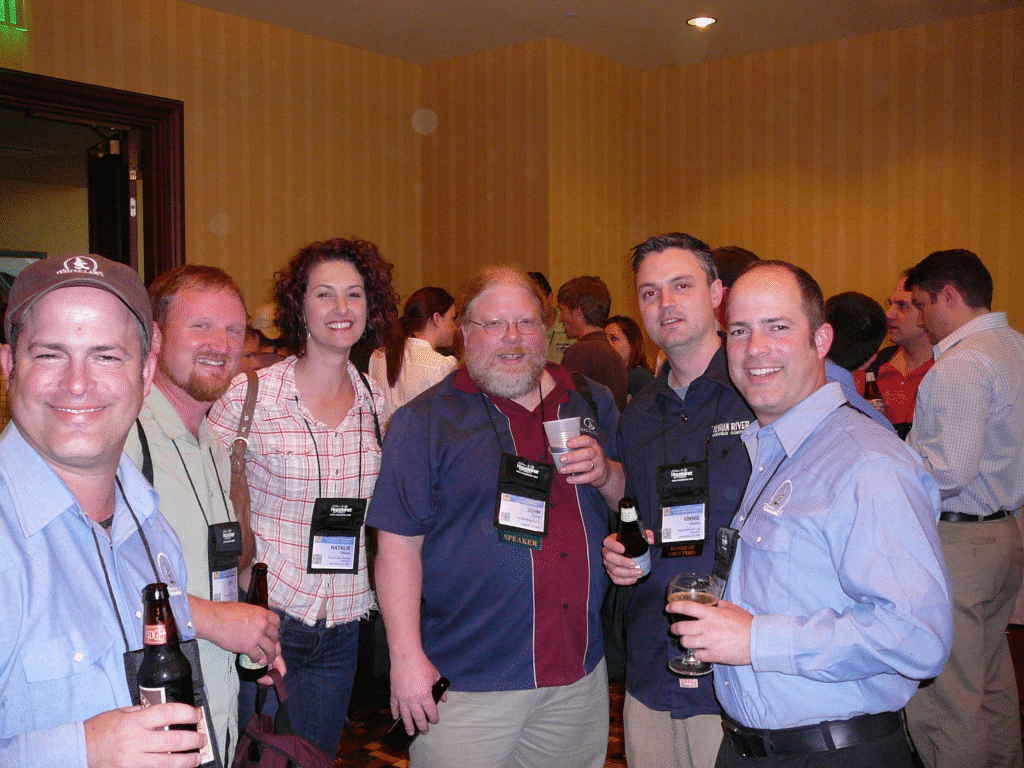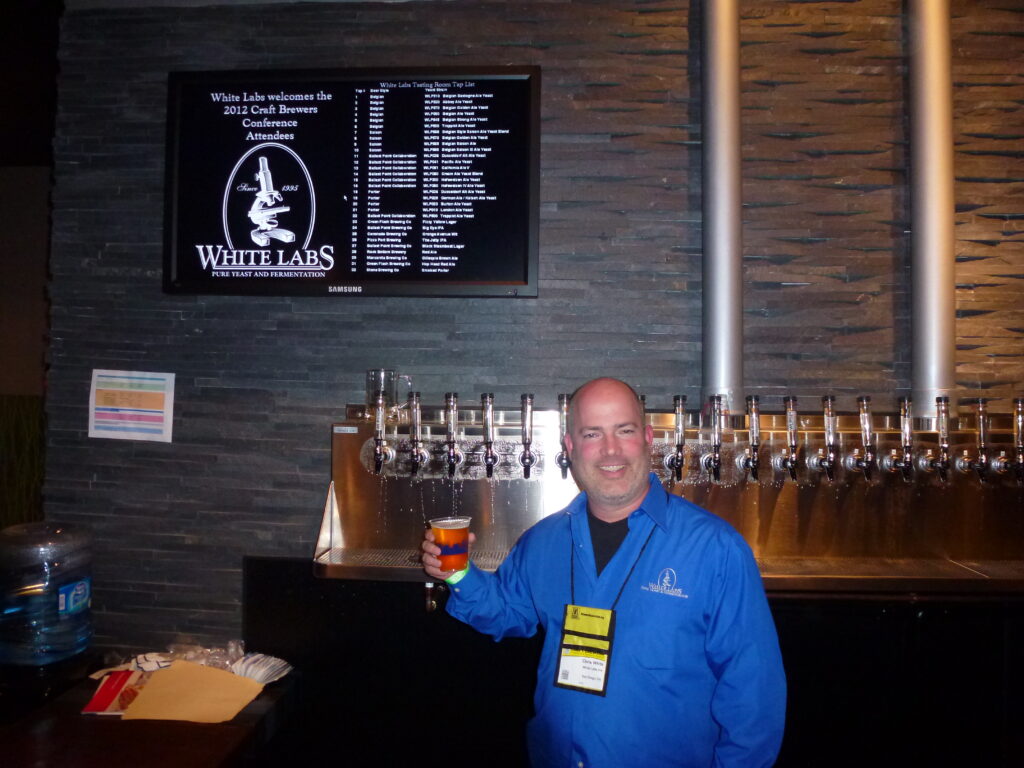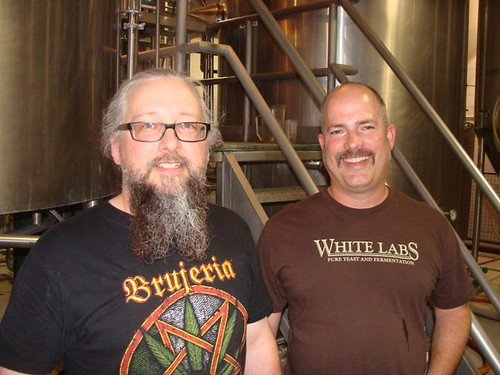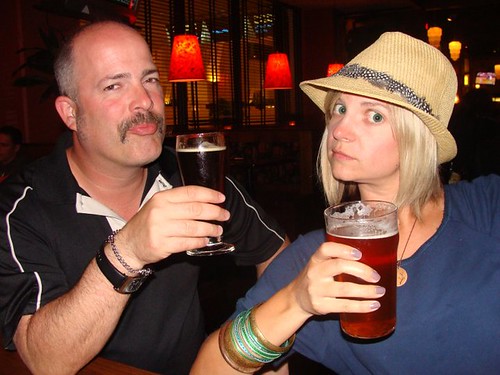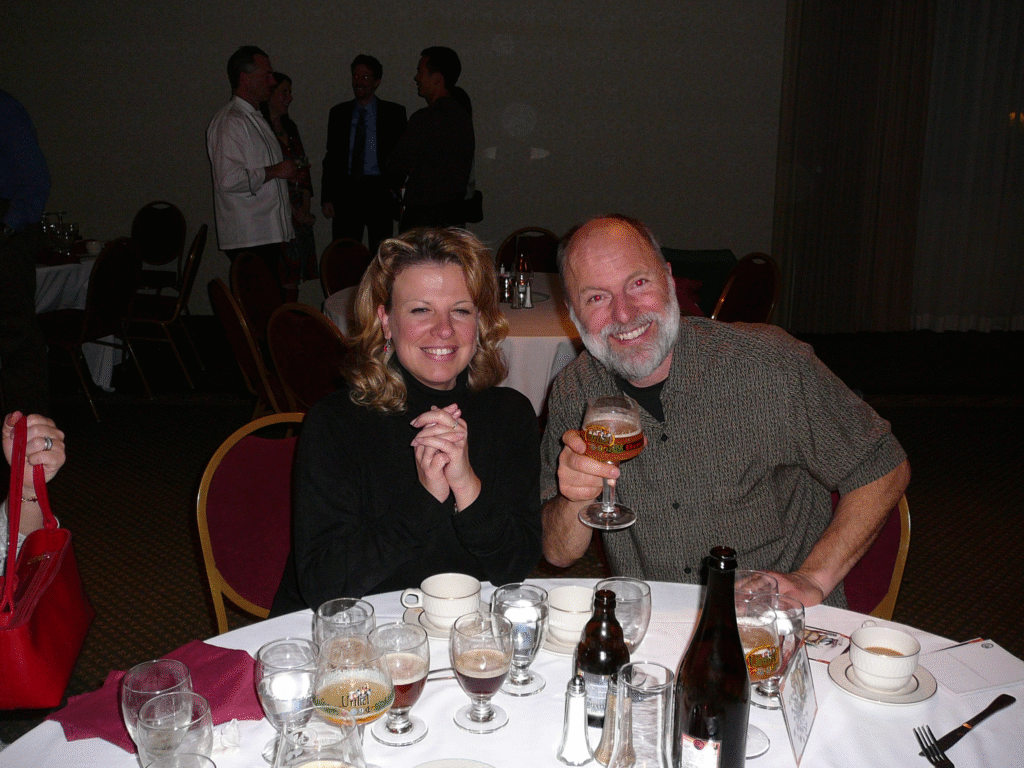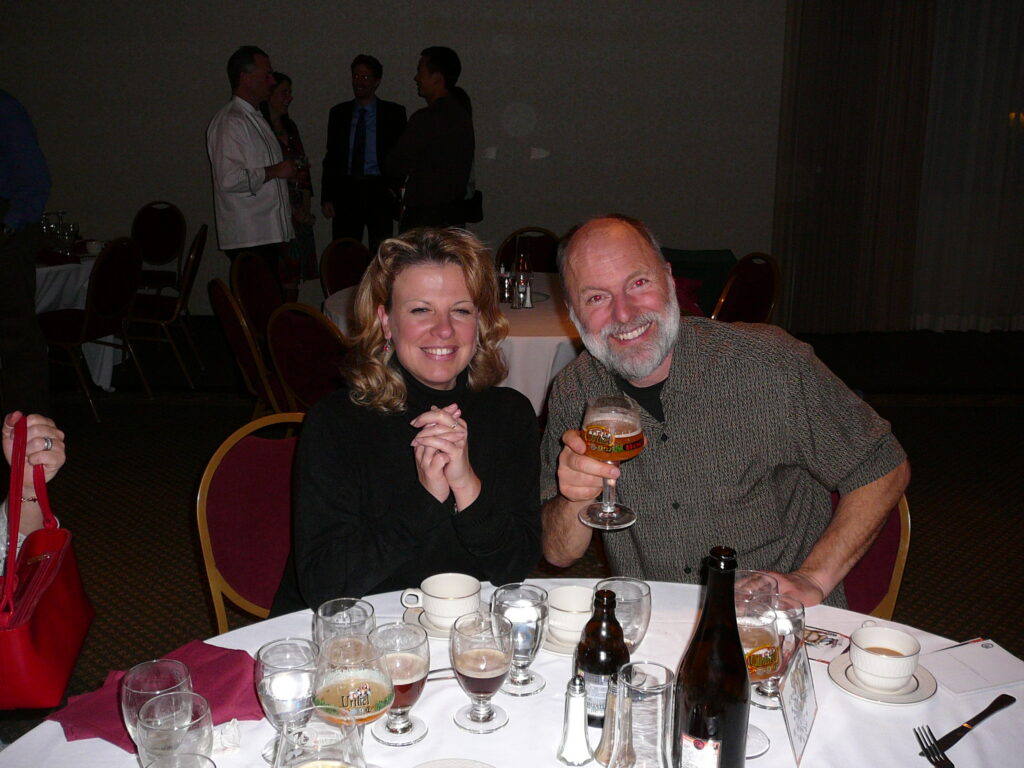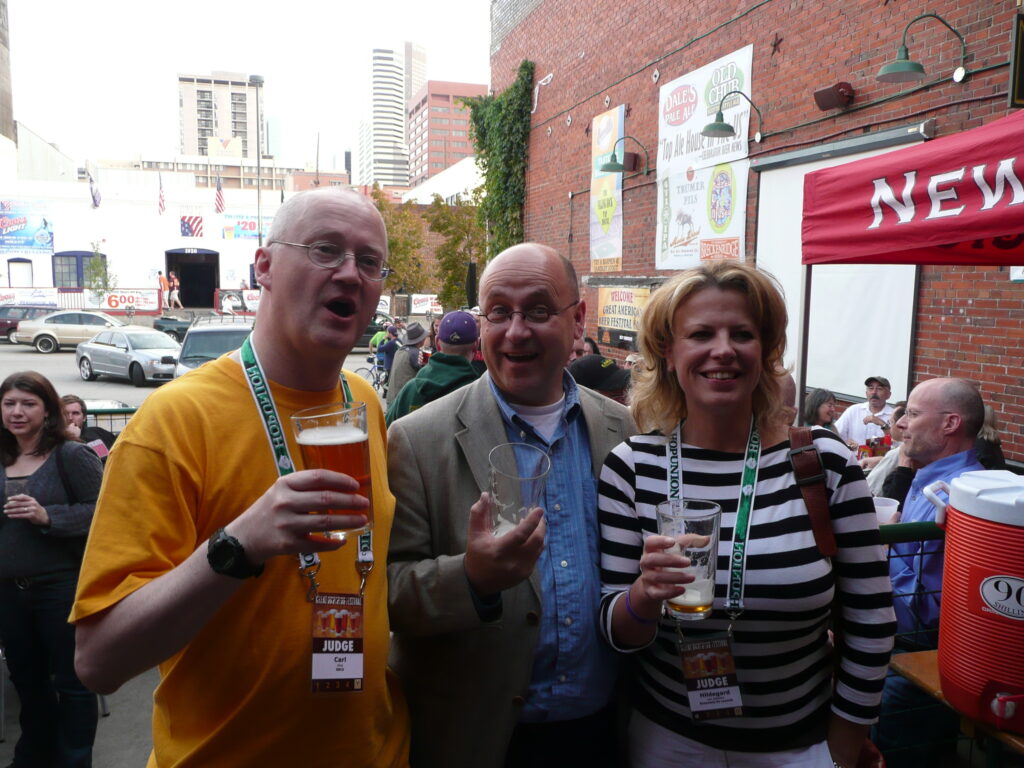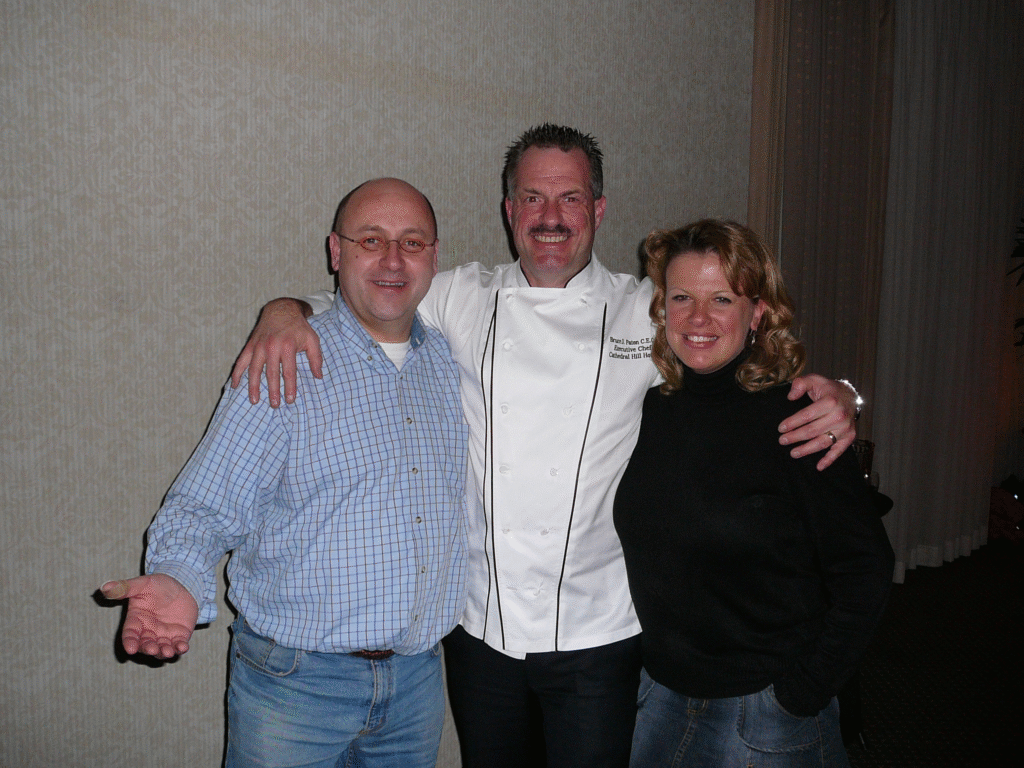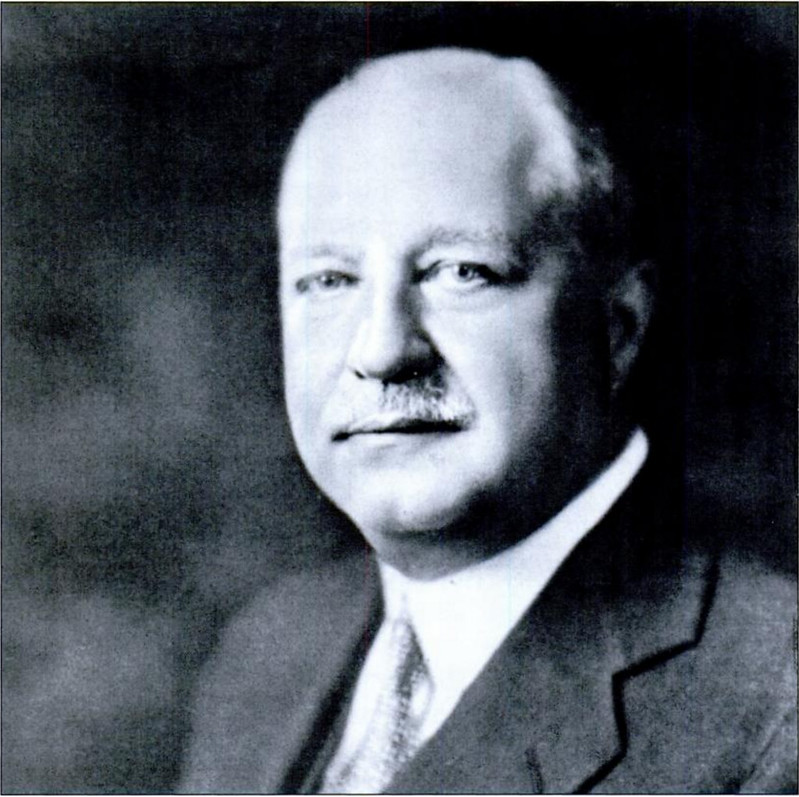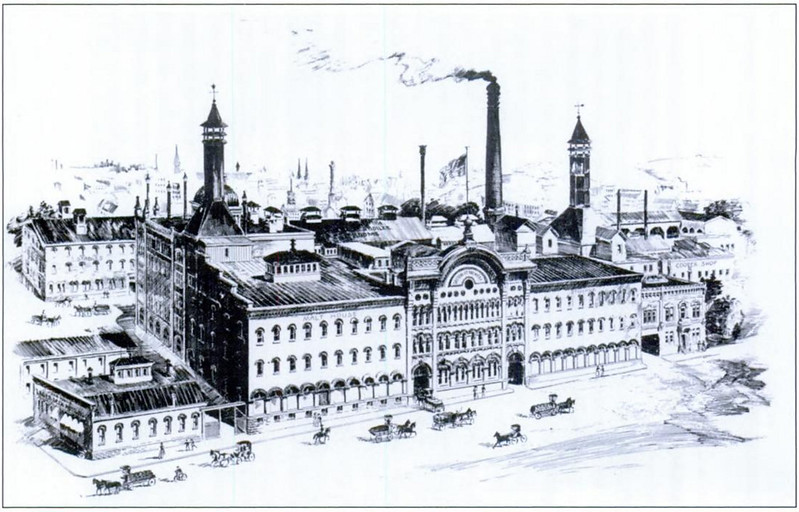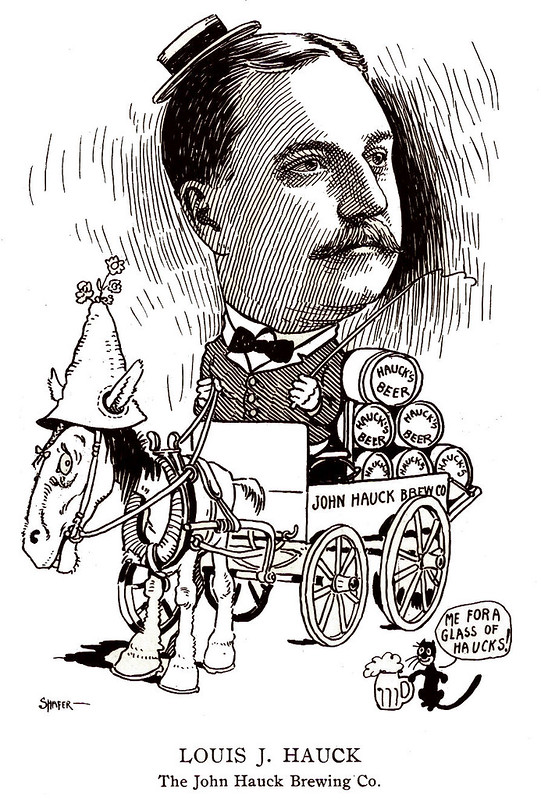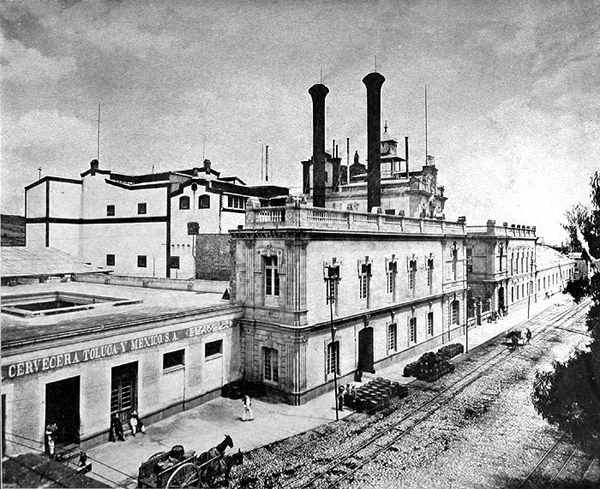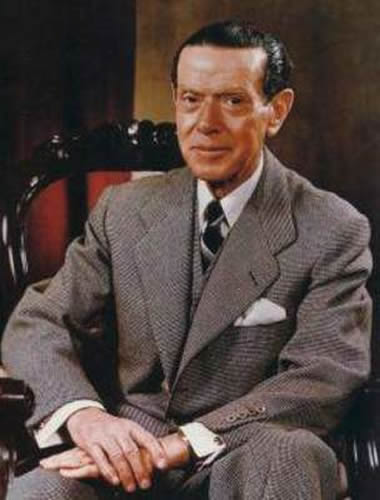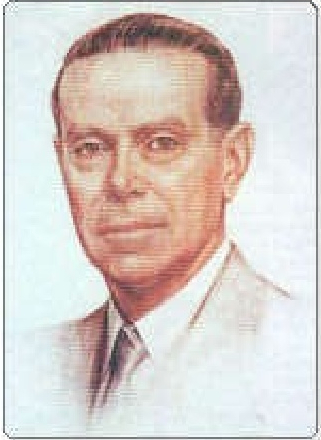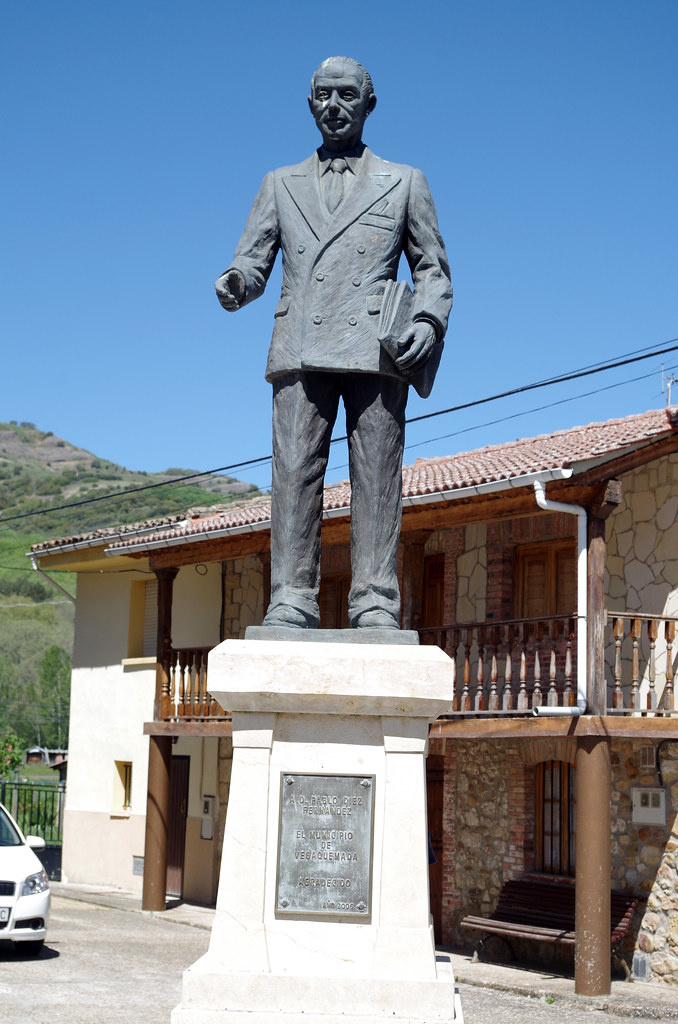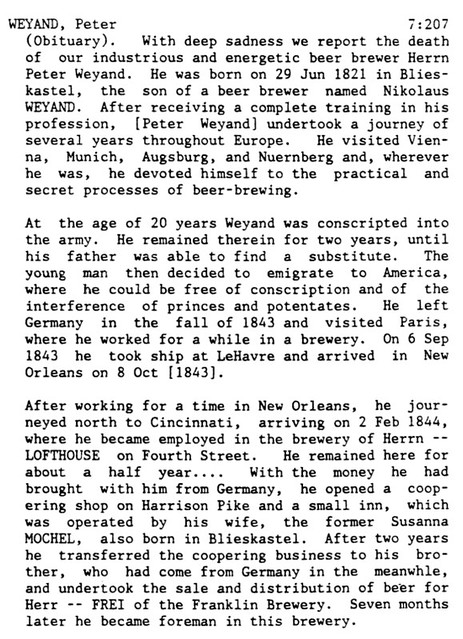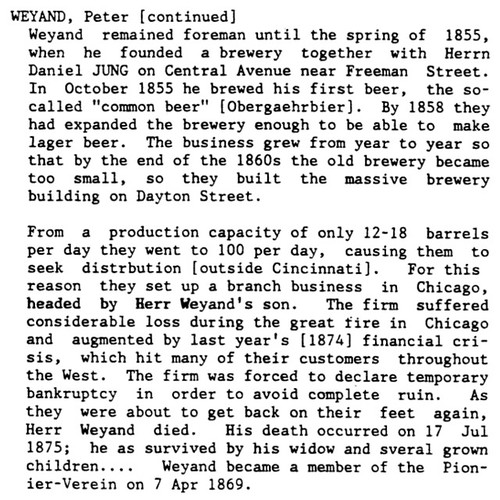
Today is the birthday of William F. Weber (July 2, 1853-October 19, 1909). He was born in Detroit, Michigan, but moved to Saginaw as a young man, marrying Bertha Raquet, whose father Peter Raquet founded the P. & J. Raquet Brewery in 1870, renaming it the National Brewery a few years later. When his father-in-law died, Weber and two other sons-in-law continued to run the business. One was bought out, and when another one died, his wife, one of Raquet’s daughter’s, Emma, stepped in and she and William F. Weber soldiered on and the brewery remained in business until 1941, when they switched back to soda (which they made during Prohibition) and continued making National Pop, at least until the 1980s.
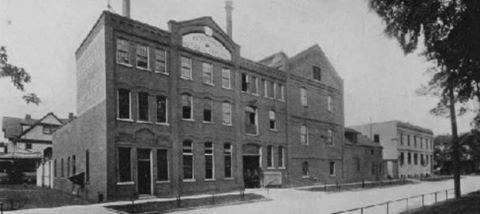
This is his obituary, from the American Brewers’ Review:




This account of the brewery is from the Michigan Federation of Labor’s “Official Year Book” for 1906-07.


And this obituary was published in the Saginaw News on October 20, 1909:

